- Wednesday, 2 April 2025
Myanmar junta blocks quake coverage as death toll jumps to 1,700
By Myanmar Now, Mar 31: The military junta has barred international journalists from accessing areas devastated by the 7.7-magnitude earthquake that struck central Myanmar on March 28, creating an information blackout.
“It is not possible for [foreign journalists] to come, stay, find shelter, or move around here. We want everyone to understand this,” said Maj-Gen Zaw Min Tun, the regime’s spokesperson, in an audio statement issued citing a lack of essential services such as water, electricity, and accommodation.
Rescue efforts are still underway in the aftermath of the quake, which wrought widespread destruction in Mandalay, the country’s second-largest city, and the capital Naypyitaw, as well as in parts of Sagaing Region and southern Shan State. As of Sunday afternoon, regime figures put the death toll at approximately 1,700, with over 3,400 injured and more than 300 still missing.
Independent sources suggest these figures may be significantly under-reported, with some analysts predicting that the number of dead could reach as high as 10,000.
Myanmar’s Department of Meteorology and Hydrology has reported 34 aftershocks since Friday, further compounding the crisis.
Despite being outlawed since the 2021 coup, independent media outlets, including Myanmar Now, continue to report on the disaster. Journalists operating underground within Myanmar, as well as others reporting from neighbouring Thailand, face considerable risk in providing crucial updates.
The junta’s crackdown on media freedom is well documented. In 2023, Myanmar Now photojournalist Sai Zaw Thaike was arrested while reporting on the aftermath of Cyclone Mocha and was subsequently sentenced to 20 years in prison.
With local reporters facing severe restrictions, the denial of access to foreign journalists raises grave concerns about the transparency of the junta’s response and the true extent of the humanitarian crisis. The regime has been accused of hindering efforts to reach some affected areas that are not under its direct control.
As concerns over the humanitarian crisis grow, many in the international community are demanding unfettered access for aid workers and independent media.

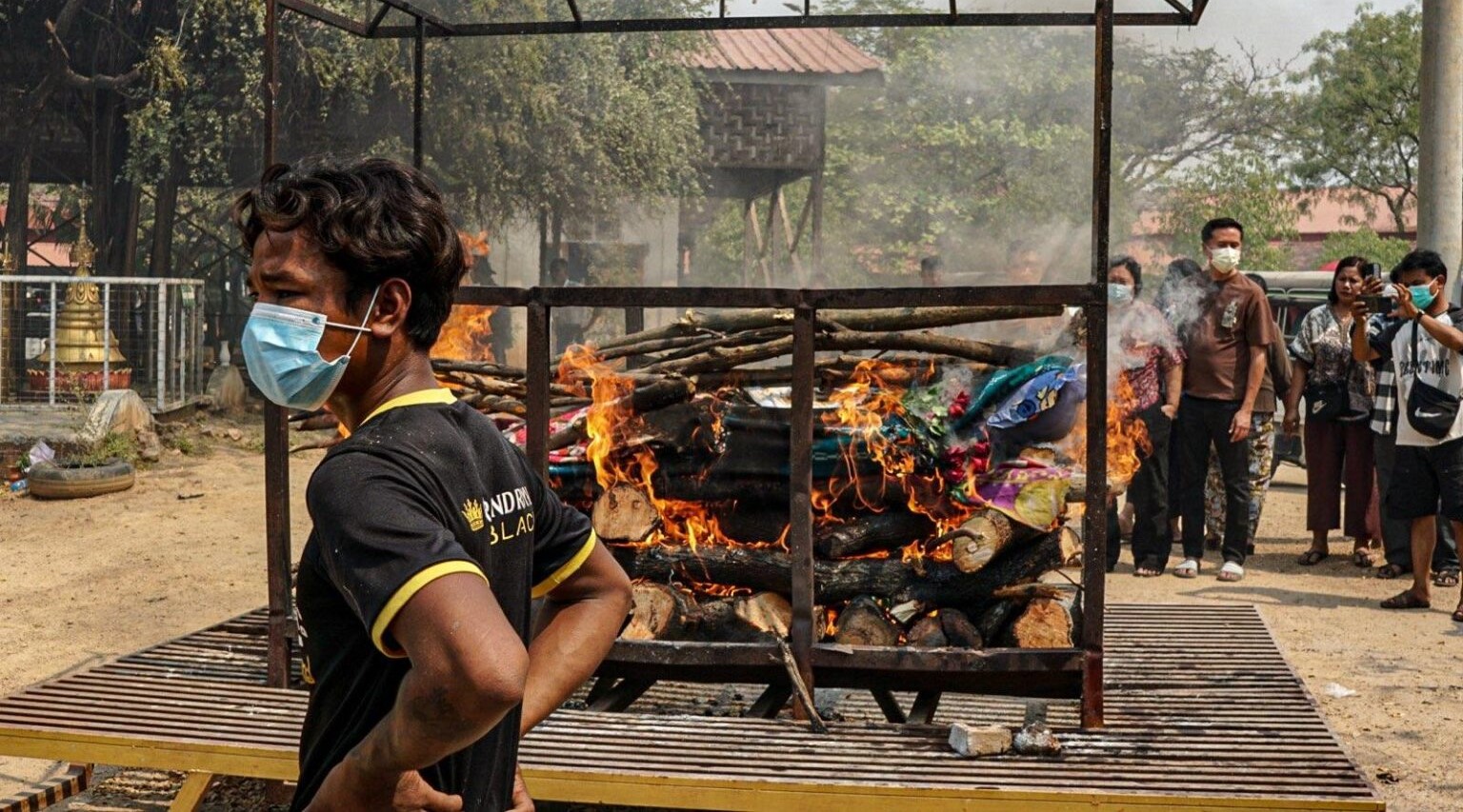

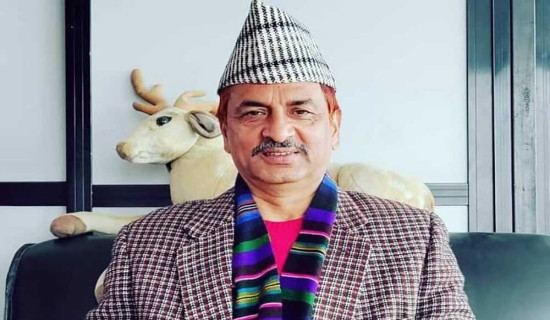
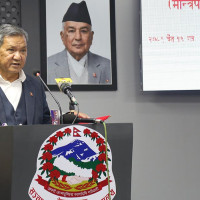
-square-thumb.jpg)
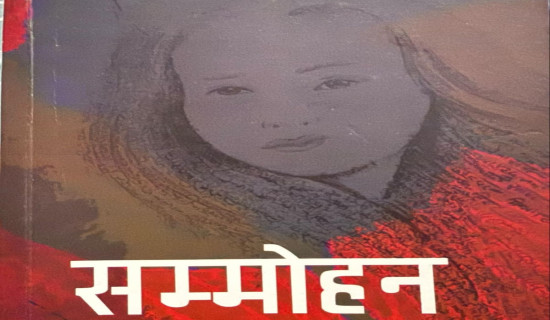
(1)copy-square-thumb.jpg)
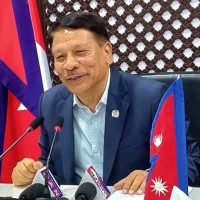
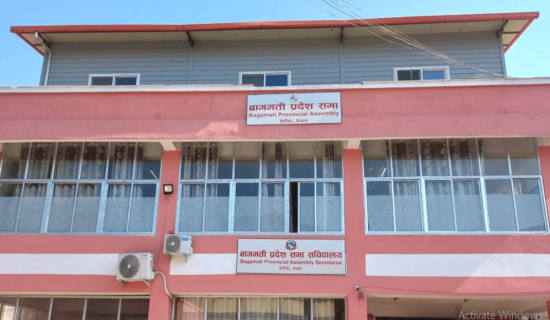

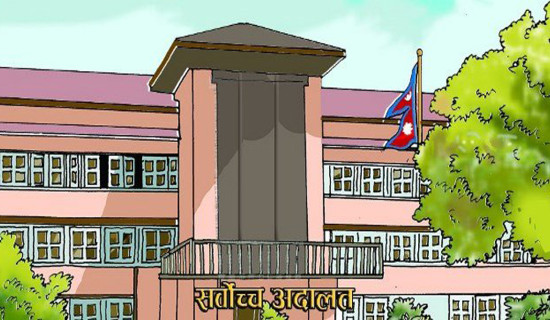

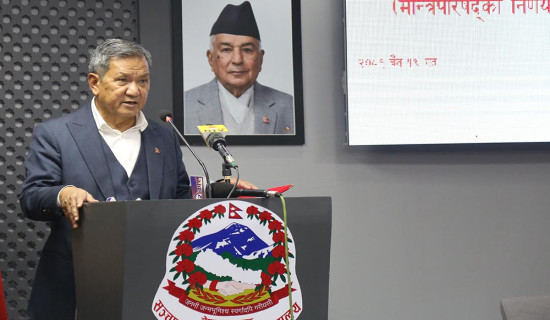
-original-thumb.jpg)